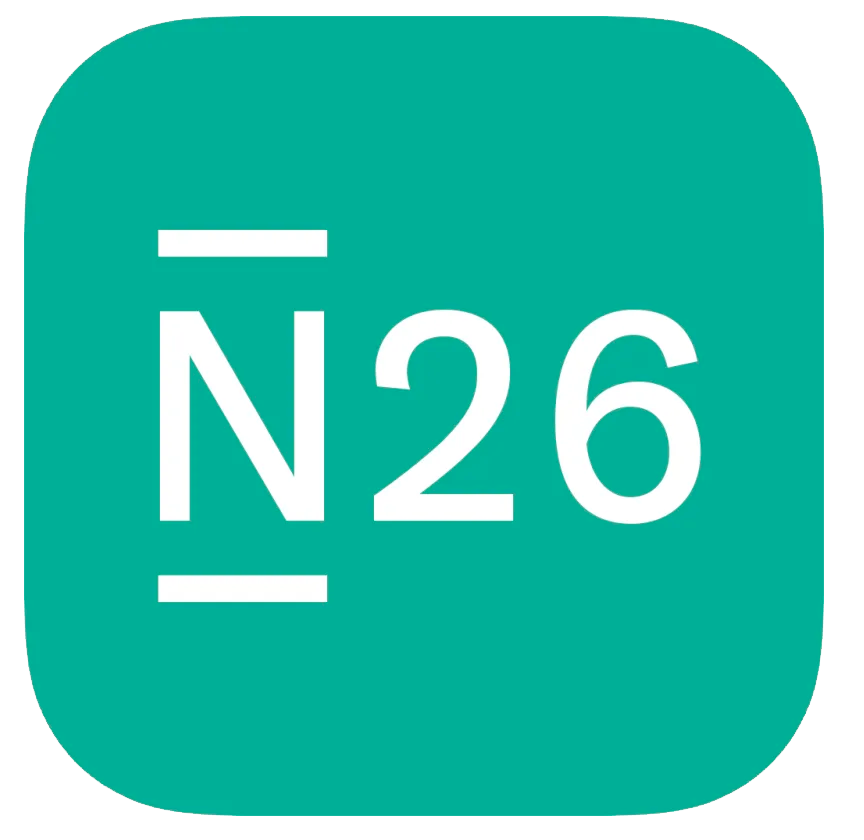Generators
Power generator - a source of electricity in situations where the power supply is disrupted or unavailable. We offer a wide range of power generators and energy solutions: a generator for the home, farm or factory. A generator can be used as a back-up power source during power cuts or in places without electricity, such as construction sites, holiday cottages or outings in nature. Choose the type of generator that suits you best from petrol, inverter, petrol/LPG, diesel.
 Petrol generators
Petrol generators
 Petrol/LPG generators
Petrol/LPG generators
 Inverter generators
Inverter generators
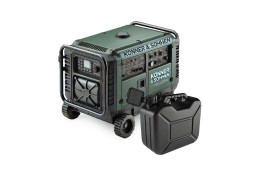 Diesel generators
Diesel generators
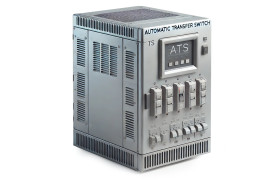 Generator accessories
Generator accessories
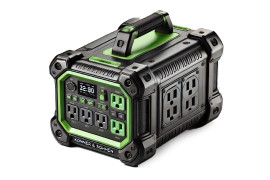 Power Stations
Power Stations
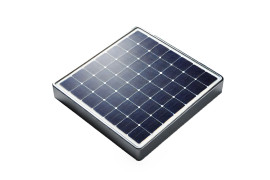 Solar panels
Solar panels
Why do I need power generators?
A generator provides a reliable and stable source of power in abnormal conditions, such as crisis situations or when no other source of electricity is available. Generators are not only necessary for businesses and private homes or holiday homes, but they are also useful for activities and trips to nature. A generator is an essential tool to keep your work on track, so make sure you have enough in advance for a variety of unexpected situations. It's certainly possible to go a few days without a computer or fan, but not a few hours without a fridge, water pump and boiler in the coldest time of the year. However, careful consideration should be given to which type of generator is appropriate for each need. Below, we look at the types and advantages of power generators.
What are the different types of generators?
- Petrol generators - popular for their ease of use. Suitable for smaller projects and/or domestic use. Petrol generators are popular for seasonal use or as a back-up power source. Not recommended for long term operation, they are ideal for running for a few hours a day. Easily transportable and compact. Generally low weight, mostly up to 30 kg.
- Petrol/LPG (Liquid Natural Gas) generators - offer a flexible choice of fuel. You can choose to use LPG or petrol to power the generator. LPG provides lower operating costs.
- Inverter generators - quiet, easy to move and low fuel consumption. Ideal for travelling to the countryside, as well as for catering and trading. Inverter generators are quieter and last longer than other types of generator without an inverter.
- Diesel generators - recommended for heavier work and for professionals. Provides longer run time and more power. Can be used as a backup or stand-alone power source. Economical in terms of fuel consumption. Ideal for use in factories and other large projects, but of course can also be used for domestic applications. Compared to petrol generators, they are easier to maintain and have lower maintenance costs.
Selection criteria
When choosing a generator, it is important to assess the power required. For small households, a low-power generator will suffice, while larger projects or fully equipped homes require more power. It is also important to consider the number of phases - single-phase generators provide voltages that will be suitable for domestic use, while three-phase will be suitable for more complex tasks such as industry.
Additional consideration should be given to the type of starter for the generator. There are manual (pull cord), electric (push button) and automatic (self-starter) starters. Automatic starters are particularly useful in the event of frequent power failures. They can also be purchased separately HERE.
Accessories can also be added to the generator, such as wheels for easy handling, covers for protection against wet weather or storage, and chemicals for maintenance.
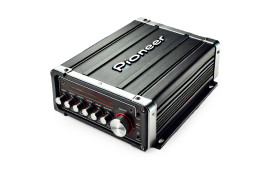 Car audio amplifiers
Car audio amplifiers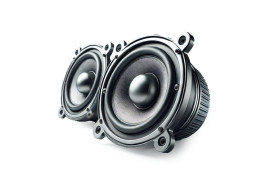 Car Audio Systems
Car Audio Systems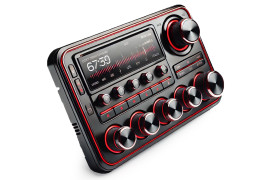 Car radios
Car radios Dictaphones
Dictaphones Headphones
Headphones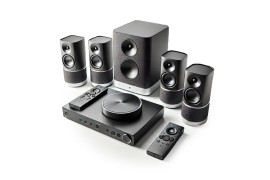 Home audio
Home audio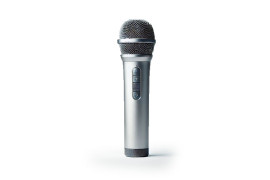 Microphones
Microphones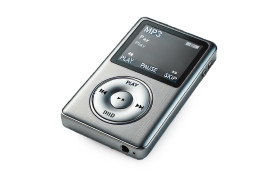 Portable media players
Portable media players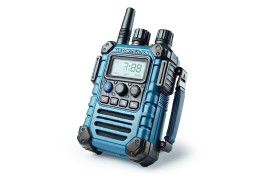 Radios
Radios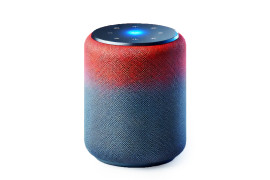 Smart speakers
Smart speakers Speakers
Speakers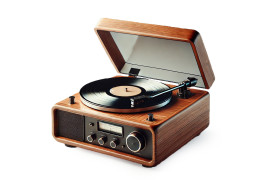 Turntables
Turntables Digital picture frames
Digital picture frames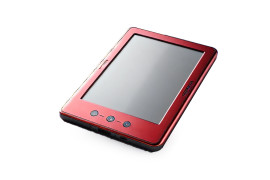 E-readers
E-readers Fitness trackers
Fitness trackers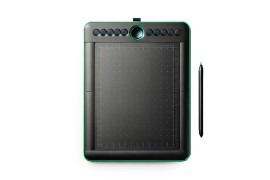 Graphics tablets
Graphics tablets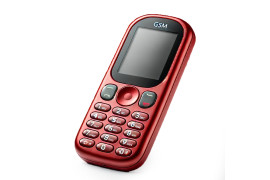 GSM phones
GSM phones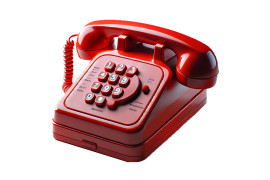 Landline phones
Landline phones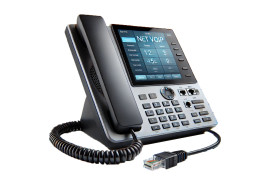 VoIP phones
VoIP phones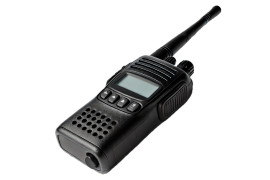 Walkie Talkie
Walkie Talkie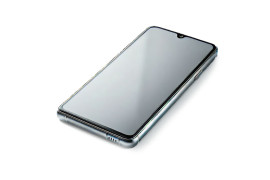 Mobile phones
Mobile phones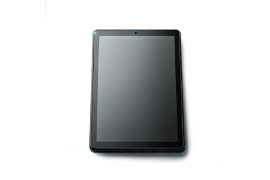 Tablet
Tablet Smart watch
Smart watch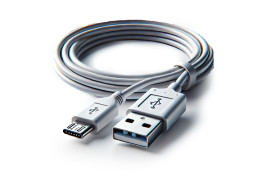 Smart device accessories
Smart device accessories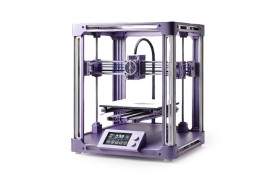 3D printers
3D printers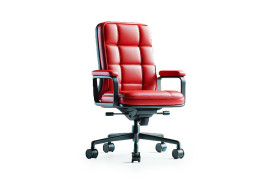 Computer chairs
Computer chairs Computer cleaning products
Computer cleaning products Computer components
Computer components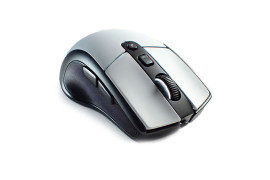 Computer mouses
Computer mouses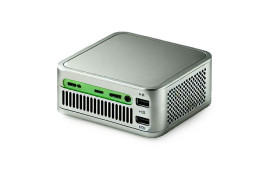 Computers (NUC)
Computers (NUC) Desktop computers
Desktop computers I/O Cards & Adapters
I/O Cards & Adapters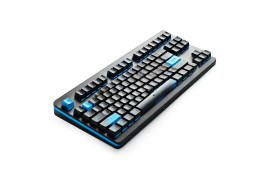 Keyboards
Keyboards Laser engravers and cutters
Laser engravers and cutters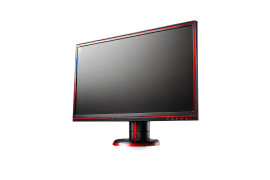 Monitors
Monitors Mouse Pads
Mouse Pads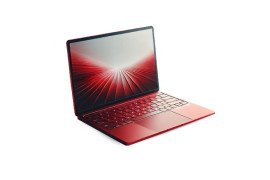 Notebooks and accessories
Notebooks and accessories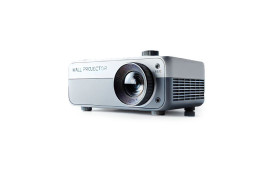 Projectors
Projectors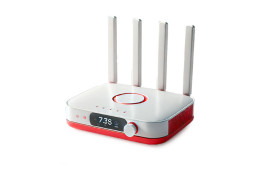 Routers, network equipment
Routers, network equipment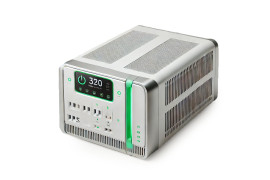 UPS
UPS Video games consoles and accessories
Video games consoles and accessories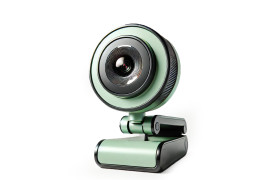 Webcams
Webcams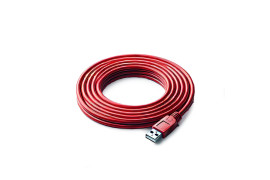 Wires, cables and adapters
Wires, cables and adapters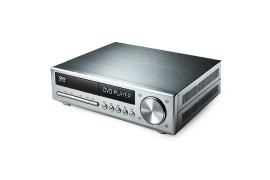 Blu-Ray and DVD players
Blu-Ray and DVD players Multimedia players
Multimedia players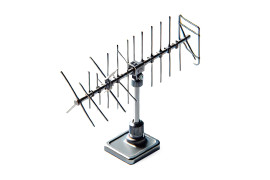 TV aerials
TV aerials TV Mounting Kits
TV Mounting Kits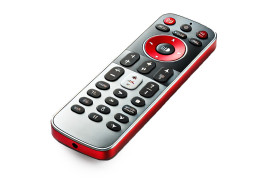 TV remote controls
TV remote controls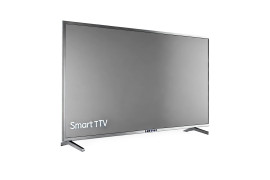 TVs
TVs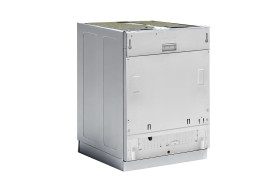 Built-In dishwashers
Built-In dishwashers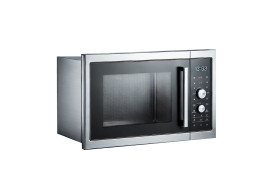 Built-in microwaves
Built-in microwaves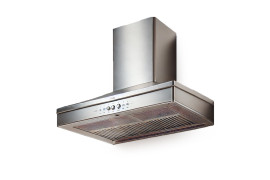 Cooker hoods
Cooker hoods Dishwashers
Dishwashers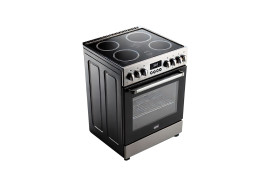 Electric cookers
Electric cookers Freezers
Freezers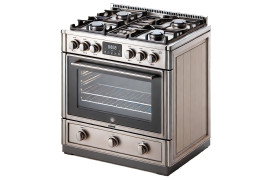 Gas stove with electric oven
Gas stove with electric oven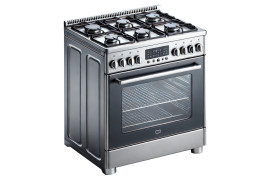 Gas stove with gas oven
Gas stove with gas oven Hobs
Hobs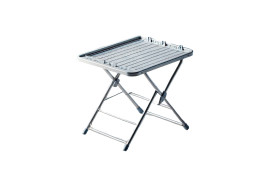 Household appliances accesories
Household appliances accesories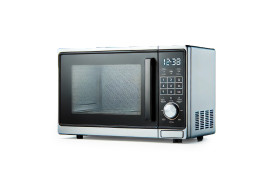 Microwaves
Microwaves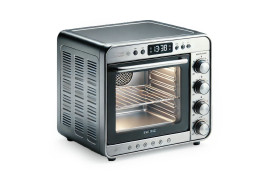 Mini ovens
Mini ovens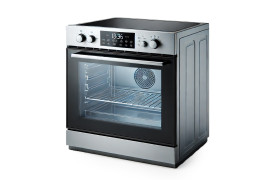 Ovens
Ovens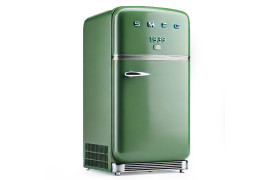 Refrigerators
Refrigerators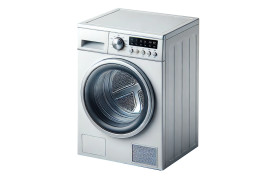 Tumble dryers
Tumble dryers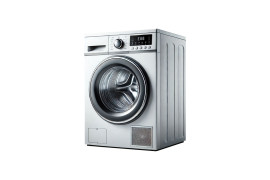 Washer dryers
Washer dryers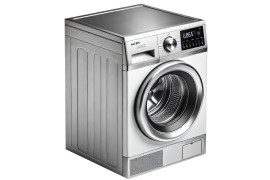 Washing machines
Washing machines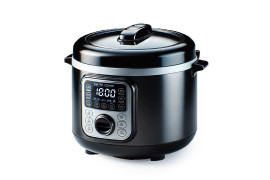 Small kitchen appliances
Small kitchen appliances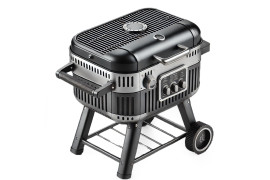 Air fryers / Grills
Air fryers / Grills Bread machines
Bread machines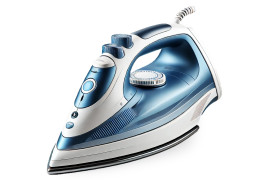 Clothing care
Clothing care Food slicers
Food slicers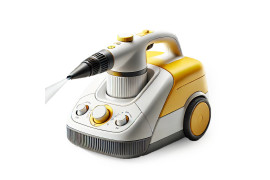 Steam cleaners
Steam cleaners Vacuum cleaners / Robots
Vacuum cleaners / Robots Vacuum sealers
Vacuum sealers Window cleaners
Window cleaners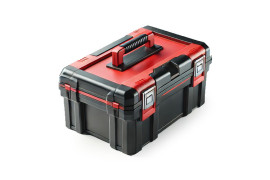 Hand tools
Hand tools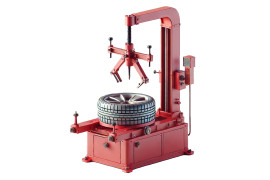 Automotive hand tools
Automotive hand tools Batteries / chargers
Batteries / chargers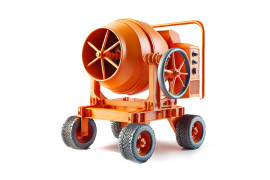 Cement mixers
Cement mixers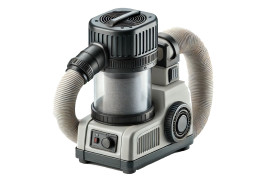 Chip and dust extraction units
Chip and dust extraction units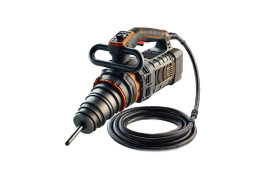 Concrete vibrator
Concrete vibrator Construction hand mixers
Construction hand mixers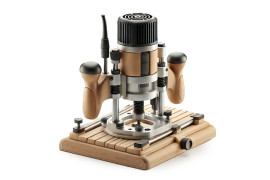 Cutter
Cutter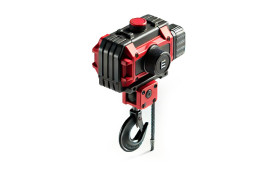 Electric winches
Electric winches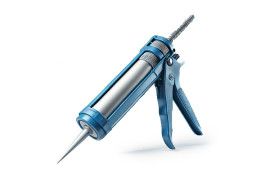 Glue, silicone, grease guns
Glue, silicone, grease guns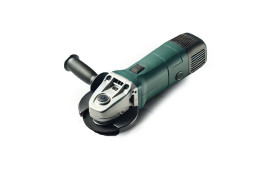 Grinding machines
Grinding machines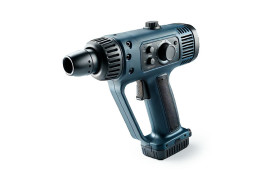 Heat guns
Heat guns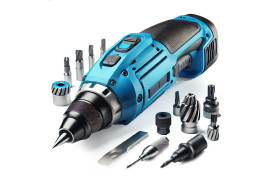 Multicutters
Multicutters Nail guns, staplers and rivets
Nail guns, staplers and rivets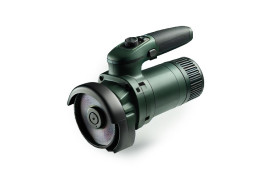 Other power tools
Other power tools Paint sprayers
Paint sprayers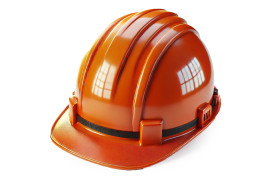 Personal protective equipment
Personal protective equipment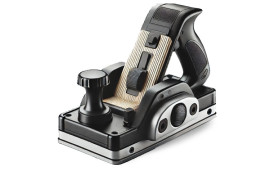 Planers
Planers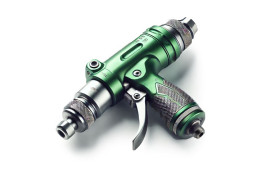 Pneumatic tools
Pneumatic tools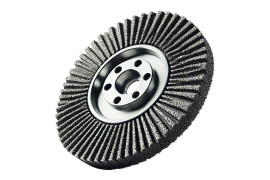 Power tool accessories
Power tool accessories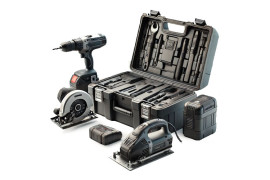 Power tool sets
Power tool sets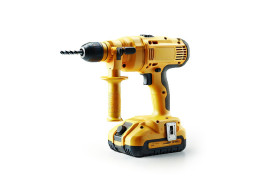 Rotary hammers
Rotary hammers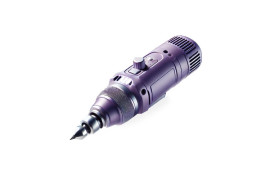 Rotary tools
Rotary tools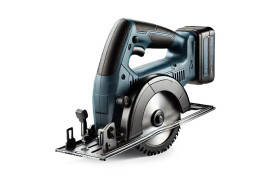 Saws
Saws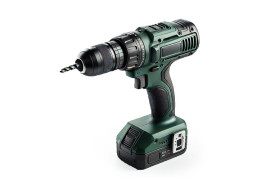 Screwdrivers and drills
Screwdrivers and drills Sharpeners
Sharpeners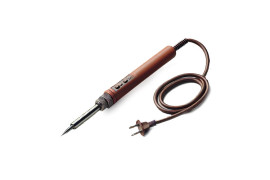 Soldering irons / Pipe welders
Soldering irons / Pipe welders Tile cutters
Tile cutters Welding consumables
Welding consumables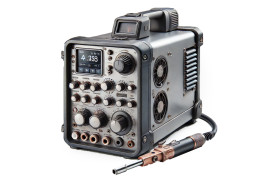 Welding machines
Welding machines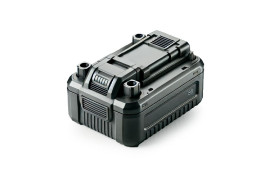 Batteries and chargers
Batteries and chargers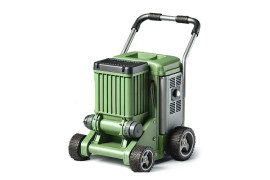 Branch shredders
Branch shredders Chainsaws
Chainsaws Cultivators / Tillers
Cultivators / Tillers Garden machinery accessories
Garden machinery accessories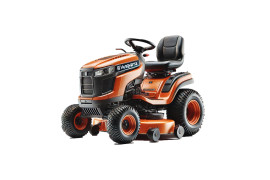 Garden tractors
Garden tractors Ground drills
Ground drills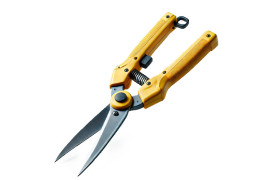 Hedge trimmers
Hedge trimmers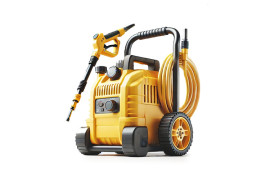 High pressure washers
High pressure washers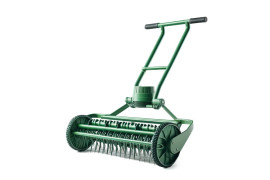 Lawn scarifier and aerator
Lawn scarifier and aerator Lawnmower robots
Lawnmower robots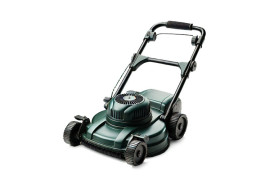 Lawnmowers
Lawnmowers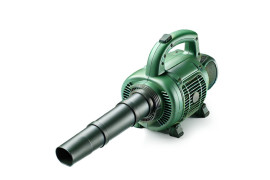 Leaf blowers
Leaf blowers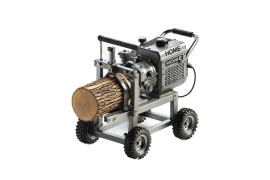 Log splitter
Log splitter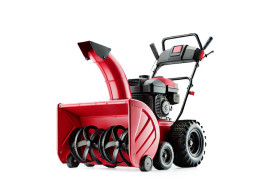 Multifunctual machines
Multifunctual machines Sprayers
Sprayers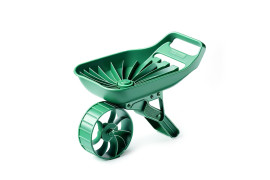 Spreaders
Spreaders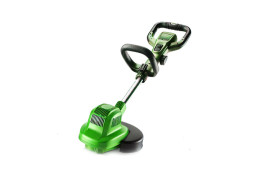 Trimmers and brushcutters
Trimmers and brushcutters Vibratory plates
Vibratory plates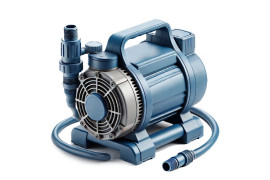 Water pumps
Water pumps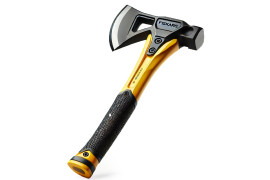 Axes
Axes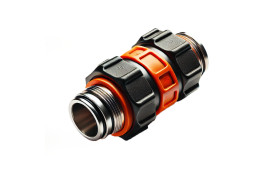 Garden hose fittings
Garden hose fittings Garden hoses
Garden hoses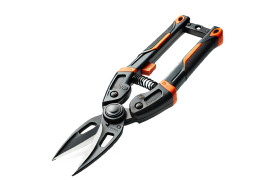 Garden shears
Garden shears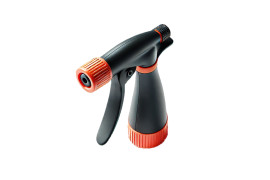 Garden spray guns
Garden spray guns Garden sprinklers
Garden sprinklers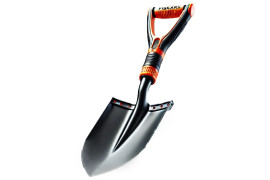 Garden tools
Garden tools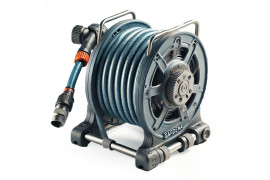 Hose trolleys & reels
Hose trolleys & reels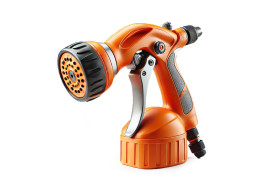 Lawn & garden watering
Lawn & garden watering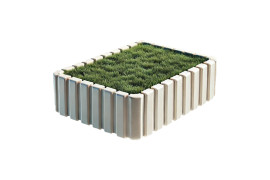 Lawn edges & palisades
Lawn edges & palisades Log tongs
Log tongs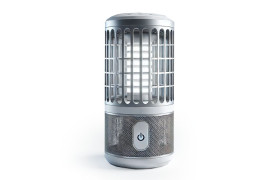 Mosquito Protection
Mosquito Protection Tarpaulins
Tarpaulins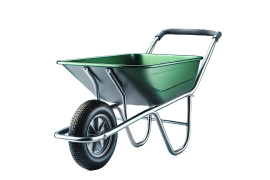 Wheelbarrow
Wheelbarrow Action cameras
Action cameras Batteries
Batteries Camcorders
Camcorders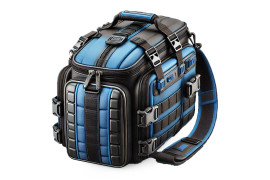 Camera bags
Camera bags Diapositive Scanner
Diapositive Scanner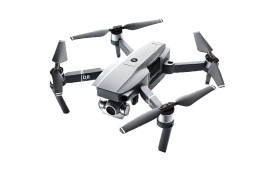 Drones & accessories
Drones & accessories Hunting & trail cameras
Hunting & trail cameras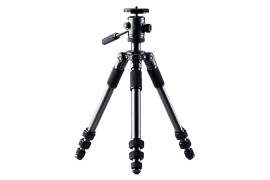 Photo & Video accessories
Photo & Video accessories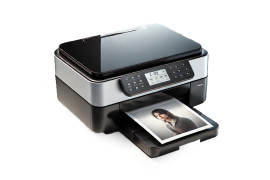 Photo printers
Photo printers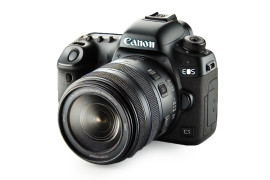 Photocamera
Photocamera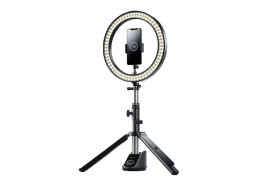 Photography studio equipment
Photography studio equipment Rechargeable battery chargers
Rechargeable battery chargers Video Surveillance
Video Surveillance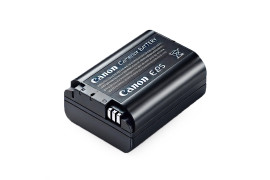 Batteries for photo and video equipment
Batteries for photo and video equipment Other equipment
Other equipment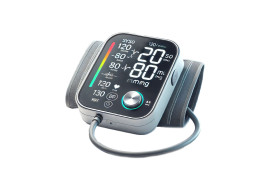 Blood pressure monitors
Blood pressure monitors Bodycare
Bodycare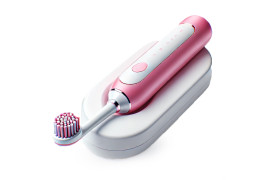 Dental hygiene
Dental hygiene Hair care
Hair care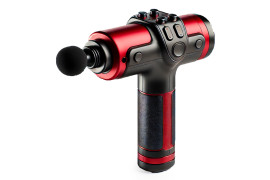 Health
Health Home automation
Home automation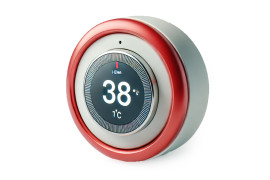 Thermostats
Thermostats Cleaning supplies
Cleaning supplies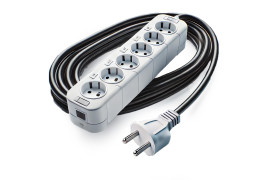 Extension cords
Extension cords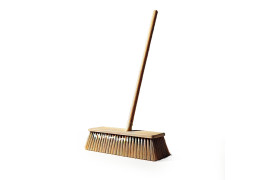 Floor cleaning
Floor cleaning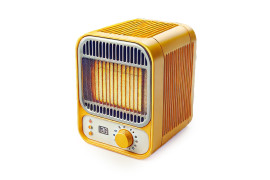 Heating and ventilation
Heating and ventilation Home interiors
Home interiors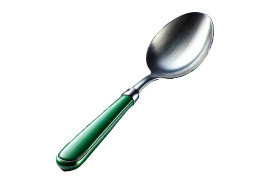 Kitchen utensils and cutlery
Kitchen utensils and cutlery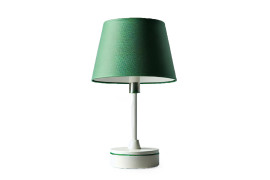 Lighting
Lighting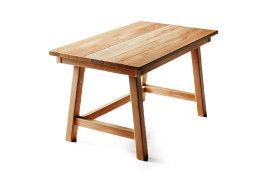 Other Appliances
Other Appliances Padlocks
Padlocks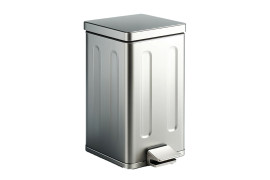 Waste bins
Waste bins Water filtration systems
Water filtration systems Weather stations & thermometers
Weather stations & thermometers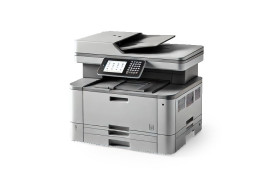 Multifunction printers
Multifunction printers 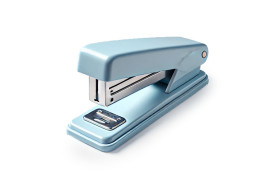 Binding Machines
Binding Machines Cleaning Products
Cleaning Products Inkjet Printers
Inkjet Printers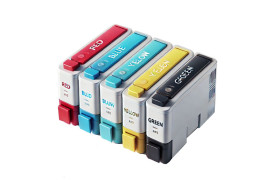 Inkjet Supplies
Inkjet Supplies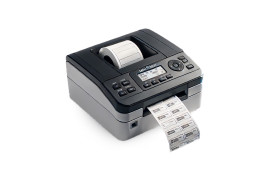 Label printers
Label printers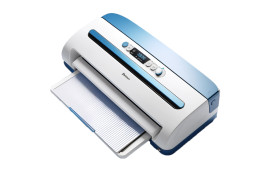 Laminators
Laminators Laser Printer Supplies
Laser Printer Supplies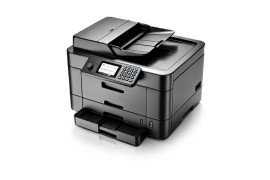 Laser Printers
Laser Printers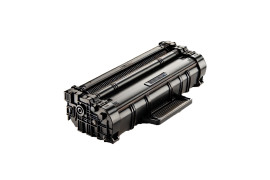 Printer accessories
Printer accessories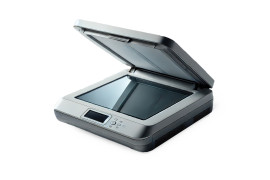 Scanners
Scanners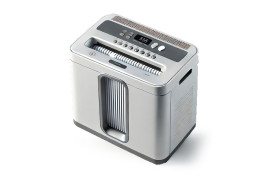 Shredders
Shredders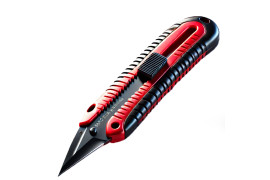 Stationery
Stationery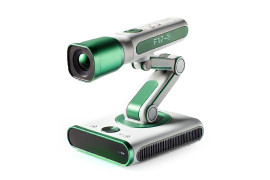 Visualisers
Visualisers Board games
Board games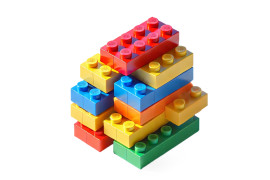 Constructors
Constructors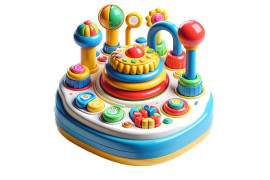 Educational and Interactive Toys
Educational and Interactive Toys Electrical appliances for children
Electrical appliances for children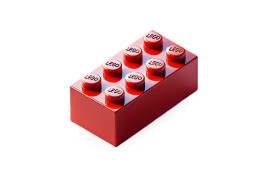 Lego
Lego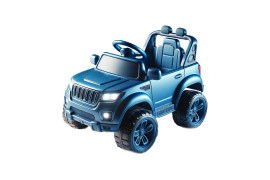 Outdoor toys
Outdoor toys Puzzles
Puzzles RC toys
RC toys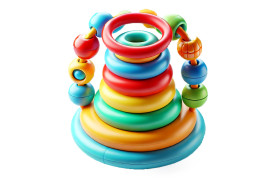 Toddler
Toddler Toys
Toys Animal care
Animal care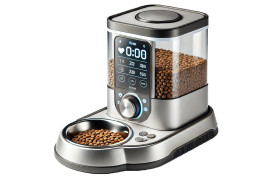 Automatic feeders
Automatic feeders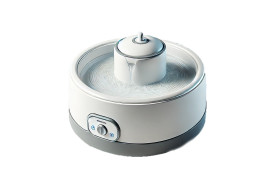 Automatic pet water fountains
Automatic pet water fountains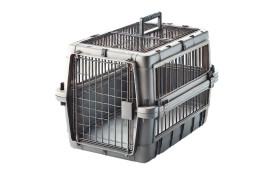 Carriers and crates
Carriers and crates Cat litter boxes
Cat litter boxes Collars, harnesses and leashes
Collars, harnesses and leashes Feeding bowls
Feeding bowls Pet supplies
Pet supplies Pet toys
Pet toys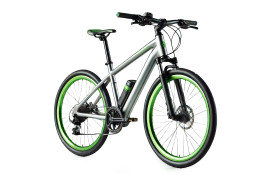 Bicycles
Bicycles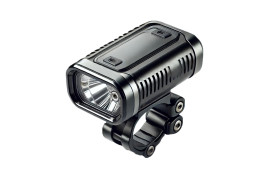 Bike accessories
Bike accessories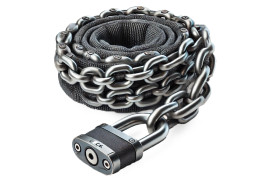 Bike locks
Bike locks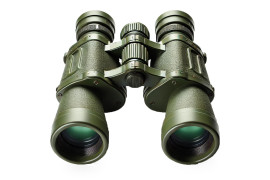 Binoculars
Binoculars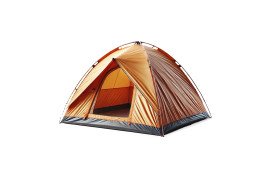 Camping
Camping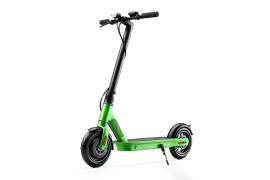 Electric scooters
Electric scooters Handheld GPS
Handheld GPS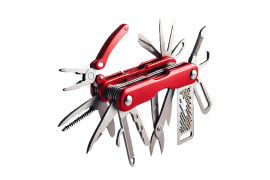 Multitools
Multitools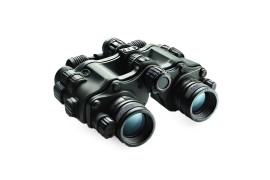 Night Vision Devices
Night Vision Devices Sports accessories
Sports accessories Telescopes
Telescopes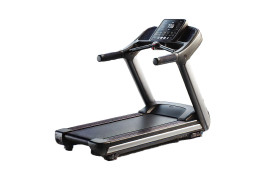 Treadmills
Treadmills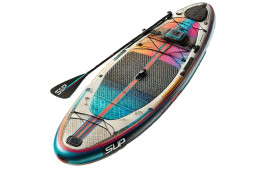 Water sports
Water sports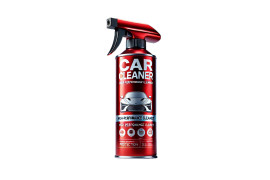 Automotive chemicals
Automotive chemicals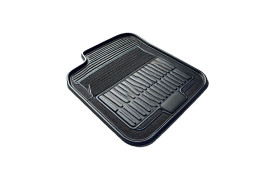 Car accessories
Car accessories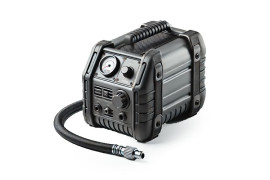 Car air compressors
Car air compressors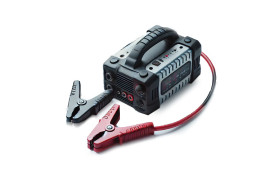 Car battery chargers, testers, starters
Car battery chargers, testers, starters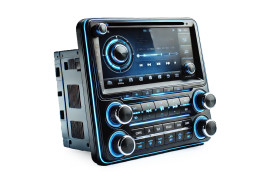 Car multimedia
Car multimedia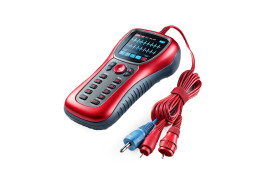 Diagnostic devices
Diagnostic devices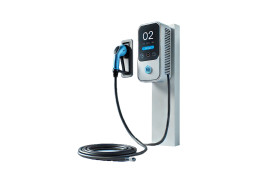 Electric vehicle charging systems
Electric vehicle charging systems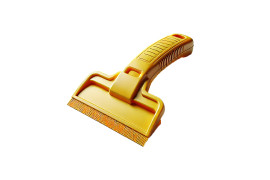 Ice scrapers & snow brushes
Ice scrapers & snow brushes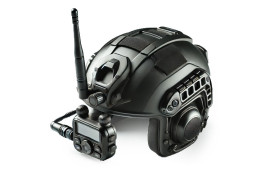 Motorcycle intercoms
Motorcycle intercoms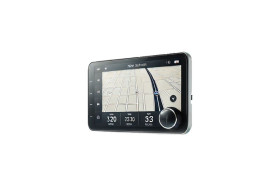 Navigation Systems
Navigation Systems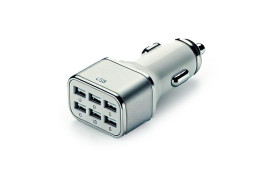 Phone car chargers
Phone car chargers Phone mounts
Phone mounts Transmitters
Transmitters Video recorders
Video recorders










